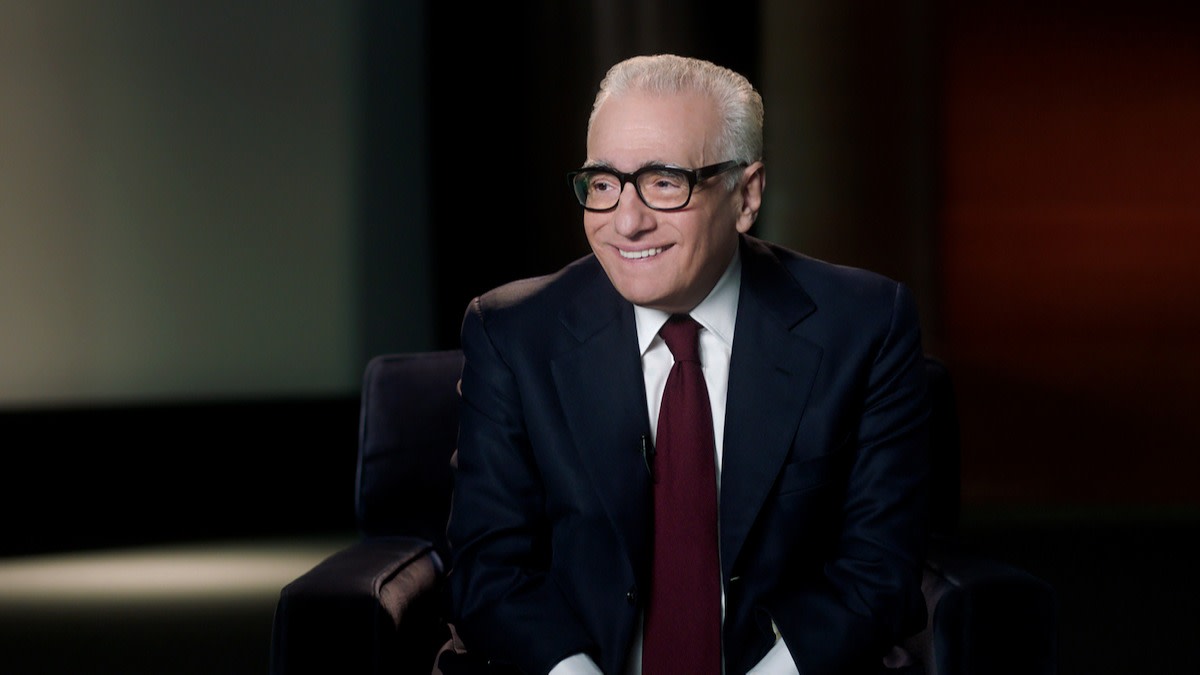Martin Scorsese’s Tips for Becoming a Filmmaker
Written by MasterClass
Last updated: Aug 25, 2021 • 4 min read
Many cinephiles dream of making movies of their own but are unsure where to start. Here, Academy Award-winning director Martin Scorcese offers his own personal tips on how to become a filmmaker.
Learn From the Best
An Introduction to Martin Scorsese
Martin Scorsese was born in 1942 in New York City, and was raised in the neighborhood of Little Italy, which later provided the inspiration for several of his films. In five decades of Hollywood film production, Scorsese has written and directed some of the most classic, lasting, and iconic movies of all time (including a few that are considered the greatest films ever made).
He’s worked with major movie stars like Robert DeNiro, Leonardo DiCaprio, Daniel Day Lewis, and Liza Minnelli. He’s won all the major awards, and received several lifetime achievement awards for his contributions to cinema. Martin Scorsese’s The Irishman (2019) is the most recent of his work to generate buzz.
Martin Scorsese’s Tips: How to Become a Filmmaker
Here are Martin Scorsese’s top five tips for becoming a filmmaker:
- 1. Watch A Lot of Movies. Martin encourages you to watch the cinema of the old masters— the films he grew up watching in theaters. He says you can learn a lot from them, but that you shouldn’t necessarily approach them with this goal in mind. Instead, see if these films speak to you or spark curiosity or interest. You should be aware of the history of the medium you want to make. While Martin encourages you to seek out the films of the old masters on a big screen, watching them at home is still a viable option.
- 2. Protect & Nurture Your Voice. When Martin began his education at NYU film school in the early 1960s, Introduction to Film was a two semester–long class taught by Haig Manoogian, a fast-talking, unsparing professor whom Martin admired. Professor Manoogian focused on films made by artists with individual voices. He wouldn’t let his students direct unless they had written the script themselves. He encouraged his students to protect the original spark that led them to cinema and not be influenced by other kinds of filmmaking. Martin credits his professor as being the spark that gave him the inspiration to make movies. He gave Martin the confidence to become a filmmaker, which—along with inspiration—is the greatest gift Martin believes a teacher can give you.
- 3. Discover Your Process. There is no one process in filmmaking, no textbook example to follow. The best advice Martin can give is to prepare, get everyone aligned with your vision, and then simply jump in and begin. Each filmmaker has to find his or her own process, which can only be done by actually making films. Part of Martin’s process involves letting his films take on lives of their own. This is the only way that special, serendipitous things can happen with the actors, the camera, or the lighting. While you will design much of your film in your head—planning in advance the lenses, cuts, and camera moves you want to use, and working with costume and film production designers to make your visions a reality—you still must remain open to unexpected events that may add new value to the scene. This type of experience can only be gained by getting out there and making films.
- 4. Develop Your Own Style. Your style encompasses who you are, what you’re trying to say, and the way you express it with the tools of filmmaking—but you don’t have to be fully conscious of or able to articulate it, especially when you’re just starting out as a filmmaker. In fact, Martin suggests you think of style as inspiration, and remain open to changes and shifts that you did not anticipate. Martin, for instance, experienced a shift in narrative style while exploring the medium of documentaries, which offered a new way for him to tell a story through music, editing, rhythm, and pace. Martin has realized that his nonfiction films have affected the narrative structures of his fiction feature films.
- 5. Don’t Feel Limited By Lack of Money or Equipment. The prospect of making your own films can feel daunting if you don’t have access to equipment or funding, but that didn’t stop Martin from practicing his craft. Lacking the equipment to make a movie but possessing ideas and a dream, Martin drew scenes from his imaginary films on paper. He attempted to tell his stories frame by frame, explaining to friends that they had to imagine the movement between frames. Using the techniques he had seen at the movie theater and on television, Martin selected medium shots, close-ups, wide shots, and indicated cuts and aspect ratios, sketching his aesthetic decisions on paper. This visual orientation served Martin well when he started to make films. In the age of smartphones and consumer editing software like Adobe Premiere and Final Cut Pro, it’s easier than ever to make low budget films that can help you gain experience and develop your own voice.
Want to Learn More About Film?
Become a better filmmaker with the MasterClass Annual Membership. Gain access to exclusive video lessons taught by the world’s best, including Martin Scorsese, Spike Lee, David Lynch, Shonda Rhimes, Jodie Foster, and more.
